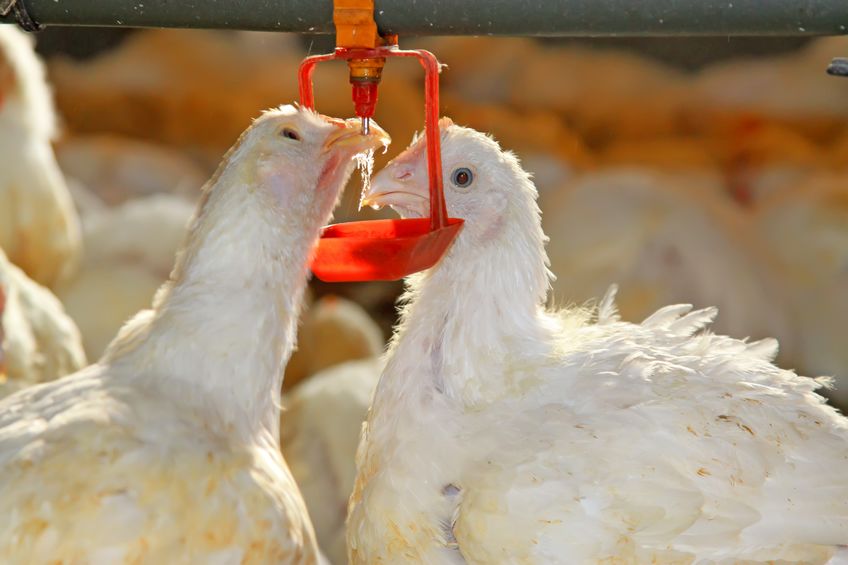
Farmers in Northern Ireland have been urged to follow 'crucial' biosecurity measures after a serious viral infection impacted 250,000 birds.
Infectious Laryngotracheitis (ILT) was recorded on sixteen farms in the province last week, 14 commercial and two backyard flocks.
ILT symptoms in poultry usually include respiratory problems, increased deaths and loss of production.
Pathogenicity can vary with morbidity of 50-100 percent, and mortality usually 10-20 percent but sometimes up to 70 percent.
Responding to the outbreak, the UFU said farmers and backyard keepers needed to ensure they had 'strict biosecurity measures in place', as ILT was 'extremely infectious'.
Deputy president William Irvine said: “While the disease isn’t as life-threatening to birds as avian influenza with flocks normally recovering after ten days of infection, it can still impact a farm business significantly.
"It will greatly reduce production creating financial implications. Symptoms include coughing, sneezing and increased mortality."
To prevent the disease from spreading and to protect all flocks and farm businesses across NI, biosecurity is crucial, Mr Irvine explained.
All poultry and bird keepers need to review and heighten their biosecurity where necessary, he added.
"All movement in and out of bird enclosures should be minimised, clean footwear before and after visiting birds, keep farms clean and tidy regularly disinfecting hard surfaces, and ensure rats and mice are controlled.
“Any suspicion of disease or increased mortality needs to be reported to their vet or local divisional veterinary office immediately,” he said.
The registration of all birds within NI is also key to controlling disease outbreaks such as ILT in NI.
“I cannot stress enough how important it is for backyard keepers as well as poultry farmers to ensure their flock is registered with DAERA," Mr Irvine added.
"Backyard keepers are those who have birds, regardless of how many, residing on their premises for personal use. This includes hens housed in gardens.
"Registration does not only apply to poultry farmers and the only exception to registration is pet birds that live inside the home.
"All other birds need to be registered and if they are not, this should be done as soon as,” said Mr Irvine.
